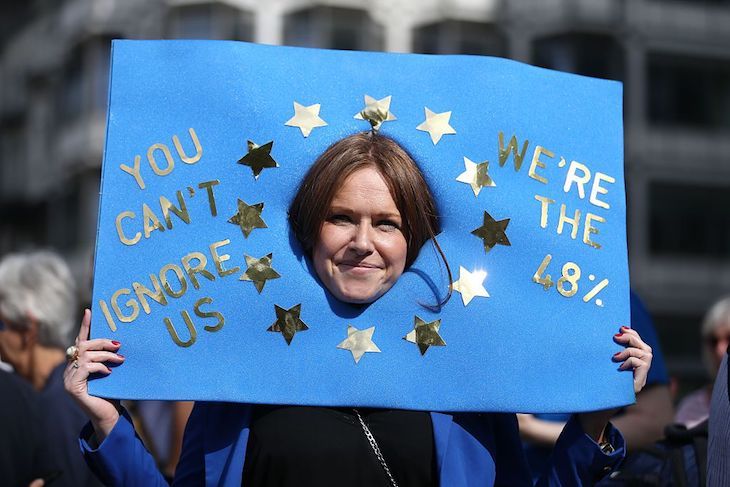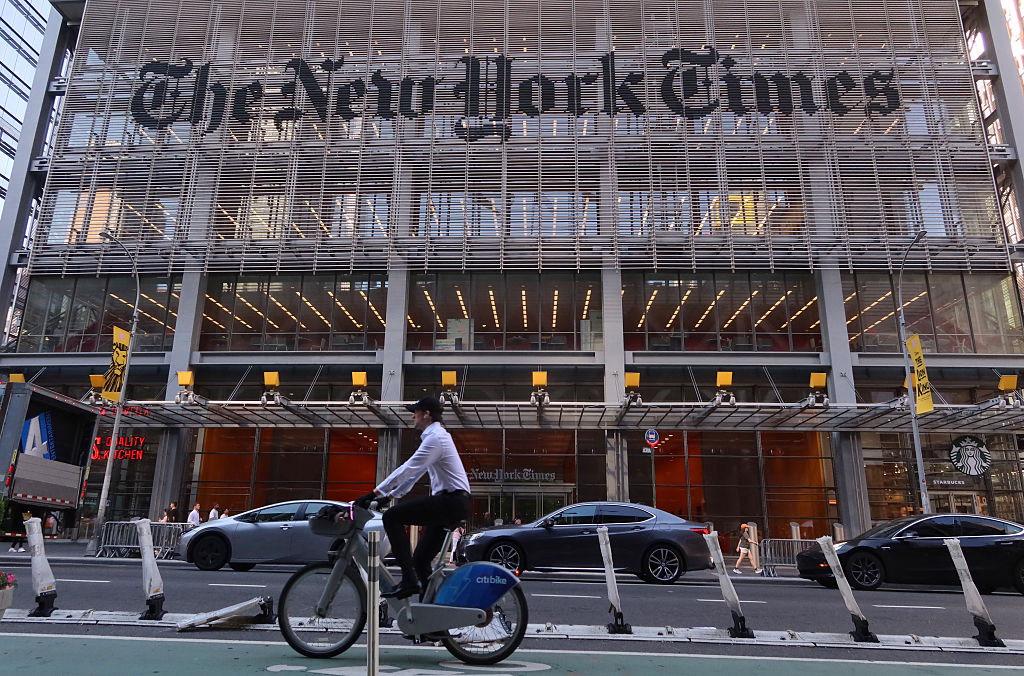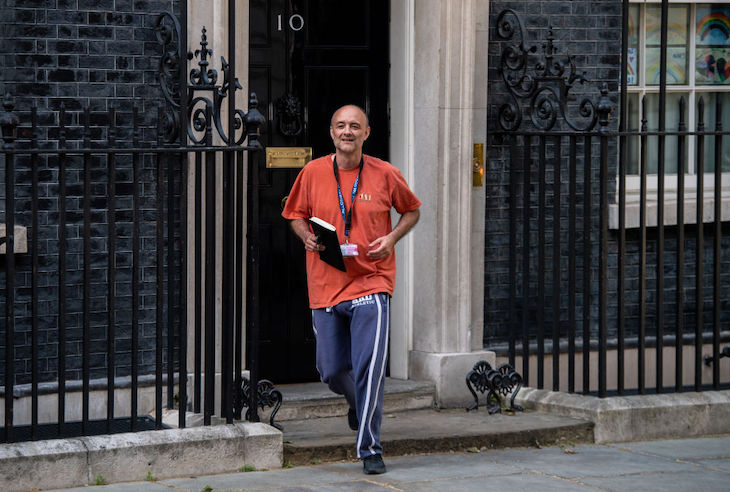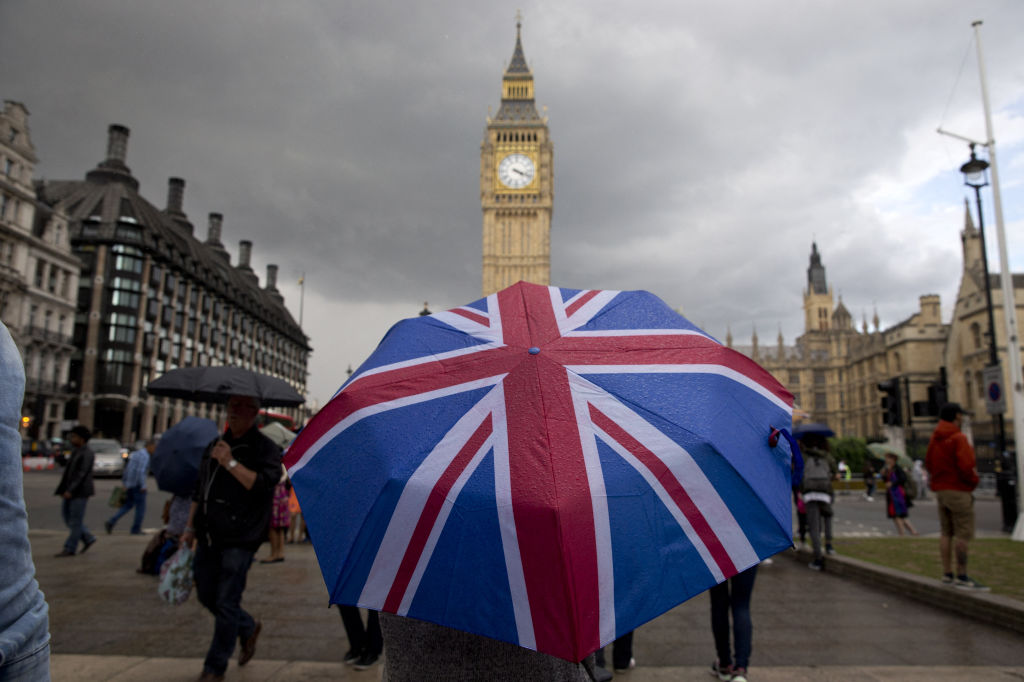When I mentioned on social media recently that I’d lost friends because of Brexit, I was quite surprised by the vehemence of the response. Lots of fellow Leavers had stories to tell about friends who now cut them dead or former clients who would no longer work with them. Many said they prefer to keep secret how they voted in the referendum for fear of the repercussions.
This intolerance is especially bad if you’re a student. One undergraduate described to me how his politics professor had opened a lecture with a slide reading ‘Brexit is shit’ — apparently ‘to the cheers and adulation of the entire lecture theatre’. Another student interviewed by the BBC a few months ago, described how she had overheard two students talking about her as they left a lecture: ‘I just want to punch that Brexit bitch.’
If you do what I do for a living, you learn to treat this level of aggression and vitriol as a badge of honour. But non-journalists, quite understandably, find it hard to get used to such unpleasantness. This is why I so greatly admire the group of academics who have just outed themselves by launching a website called Briefings for Brexit. One of its purposes is to counter the prevailing orthodoxy that people only voted Brexit if they were really, really thick.
I know Professor Robert Tombs, one of the two Cambridge dons who founded the group. He’s a delightful chap — modest, mild-mannered and definitely not the type wantonly to court aggro or controversy. So it must have required huge resources of courage and moral principle to stick his head above the parapet in this way — especially when he lives and works in one of Remain’s biggest strongholds.
Will his former friends who voted Remain ever forgive him? Not in my experience they won’t. This I find bizarre. I often take unfashionable positions on contentious political issues — I’m pro-Trump, pro-Second Amendment, sceptical of climate change — but none of them has cost me friendships in the way that Brexit has. Let me give you one example. There’s the couple we used to have supper with three or four times a year. (By our antisocial standards that puts them into the friendship premier league.) Our ideologies don’t align — she, especially, is more metropolitan fashionista — but still we have lots in common: geography, education, artistic sensibilities, mutual friends. We’ve got on by sticking to these subjects, while, in the Victorian way, steering clear of religion and politics.
Then, after Brexit, the Fawn rang to fix up another evening. She got the husband, who sounded somewhat cagey. When she started proposing dinner dates, he grew cagier still — as though he were being briefed, perhaps through the medium of cut-throat hand signals. The upshot, anyway, was that none of the proposed dates was possible.
At first we weren’t much worried —assuming we’d just caught them at a bad moment. Then, when radio silence persisted, we moved on to self-recrimination: wondering which of the many offensive things I’ve said tipped them over the edge. After that came hurt: how could our nice friends decide not to like us when we’re such lovely company? Now we’ve settled on wry amusement: how pathologically warped do you have to be to ditch your mates for no better reason than that they voted with the majority in a national referendum?
Let me repeat that ‘voted with the majority’ because it’s easy to forget. Voting to leave the EU wasn’t some sick minority position, adopted by a handful of racists, wife-beaters and kitten-stranglers. It was, in fact, something the majority of voters — 17.4 million of us — supported; and which, surveys tell us, many more people who voted differently or who chose not to vote also support.
How then do we explain this climate of extreme intolerance by an embittered but very vocal minority towards the shy minority? I think it’s down to a number of factors. Here are a few of them:
1. Virtue-signalling. This is especially true of the Conservatives who voted Remain. Insecure Tories (i.e. not Jacob Rees-Mogg) are forever on the look-out for issues which demonstrate that far from being selfish reactionary Little Englanders they are at least as modern, open-minded, caring and non-racist as any socialist. Campaigning to stay in the EU, they have persuaded themselves, enables them to tick all the boxes and feel morally superior to those grisly Untermenschen who just don’t care enough about vital, world-changing issue such as the Erasmus student-exchange programme.
2. Visceral snobbery. Obviously one doesn’t want to be too rude about the disgusting, drooling, knuckle-dragging Neanderthals from places like Sunderland who voted in their hordes for Brexit. Suffice to say that barely one of them read PPE at Oxford; nor is one likely to break bread with them at the Fourth of June, or bump into any of them in the interval at the latest David Hare premiere.
3. The media bubble. Hardly anyone in TV or newspapers believes in Brexit — and that applies not just to the Guardian and the BBC, but even to many of the right-wing papers that paid lip service to it. As a consequence of this bias, ardent Brexiteers are made to look like crazed outliers rather than the embodiment of the popular will.
4. Thwarted entitlement. The liberal elite who uniformly backed Remain — lawyers, bankers, corporatists, quangocrats, top civil servants, etc — have spent their whole lives ruling the roost and getting their own way. This was their first taste of being rebuffed, all the more painful for being so unexpected. They will never forget this outrage — still less forgive it.

























